Wire cables are an essential component in countless industries, playing a crucial role in ensuring the smooth functioning of various systems and operations. From construction and manufacturing to telecommunications and transportation, wire cables are used in a wide array of applications due to their versatility, durability, and reliability. One of the key benefits of wire cables is their ability to transmit power and data efficiently over long distances. Whether it’s electricity, signals, or information, wire cables provide a reliable means of transferring these essential resources from one point to another. This makes them an indispensable part of modern infrastructure, supporting everything from lighting and telecommunications networks to transportation systems and industrial machinery. In the construction industry, wire cables are used for a variety of purposes, such as providing structural support, securing heavy loads, and transmitting power to different parts of a building. From suspension bridges and high-rise buildings to underground tunnels and electrical wiring, wire cables are crucial for ensuring the safety and stability of structures and systems. In the transportation sector, wire cables play a critical role in powering vehicles, controlling traffic signals, and supporting infrastructure such as bridges and tunnels.
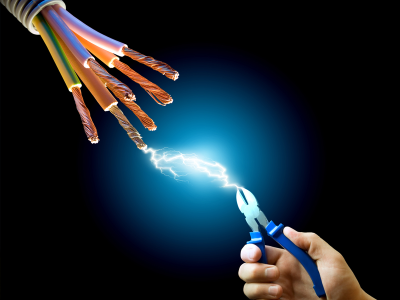
.
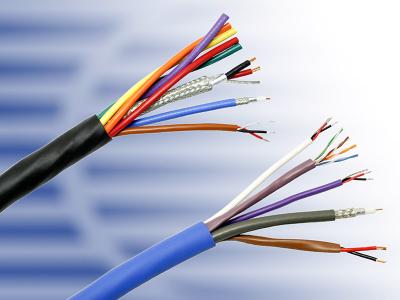 They are also used in the manufacturing of automobiles, aircraft, and ships, where they serve as vital components in the operation and functionality of these modes of transportation. In the telecommunications industry, wire cables are instrumental in enabling communication networks to function seamlessly. Whether it’s transmitting phone calls, internet data, or video signals, wire cables provide the essential connections that allow people to stay connected with each other, no matter where they are located. In the energy sector, wire cables are essential for distributing electricity from power plants to homes, businesses, and industrial facilities. They form the backbone of electrical grids, ensuring a reliable supply of power to meet the growing demand for energy in our modern society. Wire cables are also used in various industrial applications, such as manufacturing and mining, where they are employed for lifting heavy loads, controlling machinery, and powering equipment. Their high tensile strength and flexibility make them ideal for these demanding environments, where reliability and performance are of utmost importance. When it comes to choosing wire cables for a specific application, there are several factors to consider, including the diameter, material, insulation, and construction of the cable. Different types of wire cables are available, each designed to meet specific requirements and performance standards. For example, steel wire cables are known for their strength and durability, making them suitable for heavy-duty applications, while copper wire cables are valued for their excellent conductivity and performance in electrical systems. In addition to their functional benefits, wire cables are also highly cost-effective, offering a reliable and durable solution for a wide range of applications.
They are also used in the manufacturing of automobiles, aircraft, and ships, where they serve as vital components in the operation and functionality of these modes of transportation. In the telecommunications industry, wire cables are instrumental in enabling communication networks to function seamlessly. Whether it’s transmitting phone calls, internet data, or video signals, wire cables provide the essential connections that allow people to stay connected with each other, no matter where they are located. In the energy sector, wire cables are essential for distributing electricity from power plants to homes, businesses, and industrial facilities. They form the backbone of electrical grids, ensuring a reliable supply of power to meet the growing demand for energy in our modern society. Wire cables are also used in various industrial applications, such as manufacturing and mining, where they are employed for lifting heavy loads, controlling machinery, and powering equipment. Their high tensile strength and flexibility make them ideal for these demanding environments, where reliability and performance are of utmost importance. When it comes to choosing wire cables for a specific application, there are several factors to consider, including the diameter, material, insulation, and construction of the cable. Different types of wire cables are available, each designed to meet specific requirements and performance standards. For example, steel wire cables are known for their strength and durability, making them suitable for heavy-duty applications, while copper wire cables are valued for their excellent conductivity and performance in electrical systems. In addition to their functional benefits, wire cables are also highly cost-effective, offering a reliable and durable solution for a wide range of applications.
..
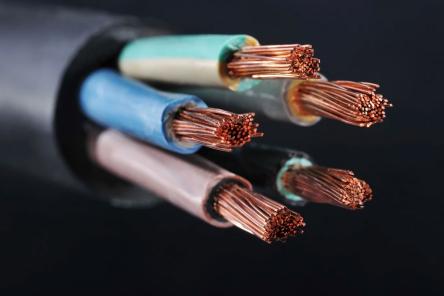 The initial investment in quality wire cables can translate into long-term savings by reducing the need for frequent maintenance and replacements, thereby ensuring a consistent performance over an extended period. In conclusion, wire cables are an essential component in numerous industries, providing the connectivity, power, and reliability needed to support the modern infrastructure and operations that drive our society forward. Their versatility, durability, and performance make wire cables a critical tool in the construction, transportation, telecommunications, energy, and manufacturing sectors, where they play a vital role in ensuring the smooth and efficient functioning of various systems and processes. Whether you’re building a skyscraper, powering a vehicle, or transmitting data across the globe, wire cables are the reliable solution that ensures the seamless operation of our interconnected world. With their wide range of applications and benefits, wire cables have become an indispensable part of modern life, supporting a multitude of industries and enabling the functioning of essential systems. From the tallest skyscrapers to the deepest underground tunnels, wire cables are the unsung heroes that provide the structural support, power transmission, and communication connections that keep our world running smoothly. The durability of wire cables is one of their standout features, making them a reliable choice for demanding environments where strength and resilience are paramount. Whether it’s withstanding extreme weather conditions, heavy loads, or constant movement, wire cables are designed to endure the toughest challenges without compromising on performance. This reliability ensures that critical operations can continue without interruption, enhancing safety and efficiency in a variety of settings. Another key advantage of wire cables is their flexibility, which allows them to adapt to different configurations and installations as needed. This versatility makes wire cables suitable for a wide range of applications, from simple household wiring to complex industrial machinery. Their ability to bend and flex without losing integrity ensures that wire cables can be installed in tight spaces and around obstacles, making them a practical solution for diverse projects and environments. Wire cables also offer excellent conductivity, making them ideal for transmitting power and data efficiently.
The initial investment in quality wire cables can translate into long-term savings by reducing the need for frequent maintenance and replacements, thereby ensuring a consistent performance over an extended period. In conclusion, wire cables are an essential component in numerous industries, providing the connectivity, power, and reliability needed to support the modern infrastructure and operations that drive our society forward. Their versatility, durability, and performance make wire cables a critical tool in the construction, transportation, telecommunications, energy, and manufacturing sectors, where they play a vital role in ensuring the smooth and efficient functioning of various systems and processes. Whether you’re building a skyscraper, powering a vehicle, or transmitting data across the globe, wire cables are the reliable solution that ensures the seamless operation of our interconnected world. With their wide range of applications and benefits, wire cables have become an indispensable part of modern life, supporting a multitude of industries and enabling the functioning of essential systems. From the tallest skyscrapers to the deepest underground tunnels, wire cables are the unsung heroes that provide the structural support, power transmission, and communication connections that keep our world running smoothly. The durability of wire cables is one of their standout features, making them a reliable choice for demanding environments where strength and resilience are paramount. Whether it’s withstanding extreme weather conditions, heavy loads, or constant movement, wire cables are designed to endure the toughest challenges without compromising on performance. This reliability ensures that critical operations can continue without interruption, enhancing safety and efficiency in a variety of settings. Another key advantage of wire cables is their flexibility, which allows them to adapt to different configurations and installations as needed. This versatility makes wire cables suitable for a wide range of applications, from simple household wiring to complex industrial machinery. Their ability to bend and flex without losing integrity ensures that wire cables can be installed in tight spaces and around obstacles, making them a practical solution for diverse projects and environments. Wire cables also offer excellent conductivity, making them ideal for transmitting power and data efficiently.
…
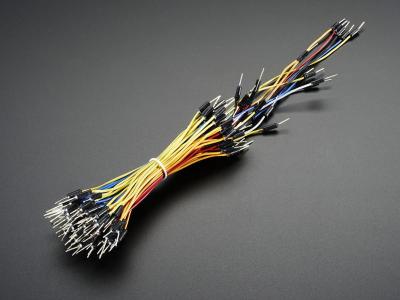 Whether it’s carrying an electrical current or sending signals across long distances, wire cables provide a reliable pathway for the flow of information and energy. This conductivity ensures that the intended output is delivered accurately and safely, enhancing the performance of systems and equipment that rely on wire cables for their operation. In addition to their functional benefits, wire cables are also easy to install and maintain, reducing the time and resources required for upkeep. The straightforward installation process ensures that wire cables can be quickly integrated into existing infrastructure or new construction projects, saving valuable time and effort during installation. Their low maintenance requirements further contribute to cost savings over the long term, as regular upkeep is minimal compared to other types of wiring and transmission solutions. Choosing the right wire cable for a specific application is essential to ensure optimal performance and longevity. Factors such as the environment, load capacity, voltage rating, and insulation requirements must be taken into account when selecting a wire cable to meet the needs of a particular project. By considering these factors carefully and consulting with experts in the field, customers can choose the best wire cable for their specific application, ensuring a reliable and efficient solution that meets their requirements. In conclusion, wire cables are an essential component in a wide range of industries and applications, providing the connectivity, power transmission, and reliability needed to support critical operations and infrastructure. Their durability, flexibility, conductivity, and ease of installation make wire cables a versatile and cost-effective solution for a variety of projects, from residential construction to industrial manufacturing. By understanding the benefits and advantages of wire cables, customers can make informed decisions when selecting the right cable for their needs, ensuring the continued success and efficiency of their operations.
Whether it’s carrying an electrical current or sending signals across long distances, wire cables provide a reliable pathway for the flow of information and energy. This conductivity ensures that the intended output is delivered accurately and safely, enhancing the performance of systems and equipment that rely on wire cables for their operation. In addition to their functional benefits, wire cables are also easy to install and maintain, reducing the time and resources required for upkeep. The straightforward installation process ensures that wire cables can be quickly integrated into existing infrastructure or new construction projects, saving valuable time and effort during installation. Their low maintenance requirements further contribute to cost savings over the long term, as regular upkeep is minimal compared to other types of wiring and transmission solutions. Choosing the right wire cable for a specific application is essential to ensure optimal performance and longevity. Factors such as the environment, load capacity, voltage rating, and insulation requirements must be taken into account when selecting a wire cable to meet the needs of a particular project. By considering these factors carefully and consulting with experts in the field, customers can choose the best wire cable for their specific application, ensuring a reliable and efficient solution that meets their requirements. In conclusion, wire cables are an essential component in a wide range of industries and applications, providing the connectivity, power transmission, and reliability needed to support critical operations and infrastructure. Their durability, flexibility, conductivity, and ease of installation make wire cables a versatile and cost-effective solution for a variety of projects, from residential construction to industrial manufacturing. By understanding the benefits and advantages of wire cables, customers can make informed decisions when selecting the right cable for their needs, ensuring the continued success and efficiency of their operations.

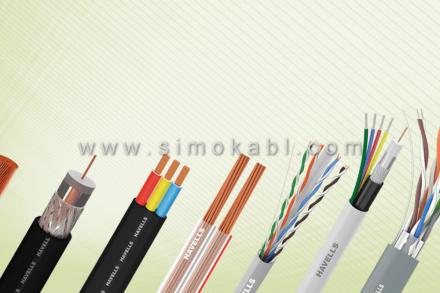
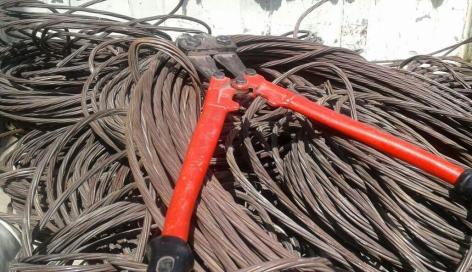
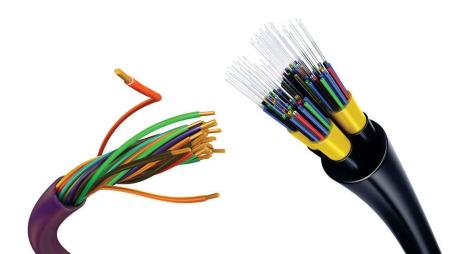
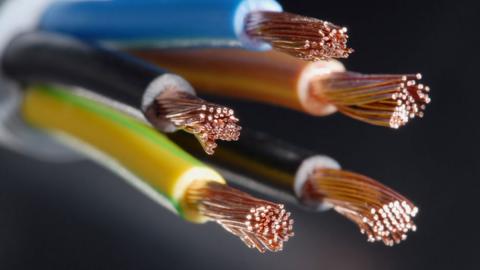
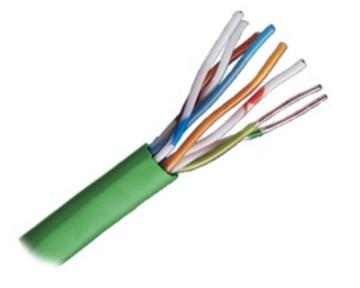
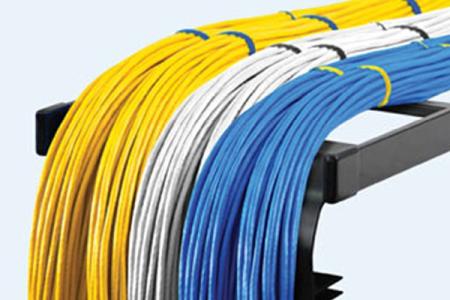
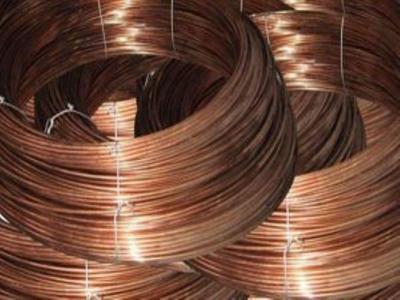
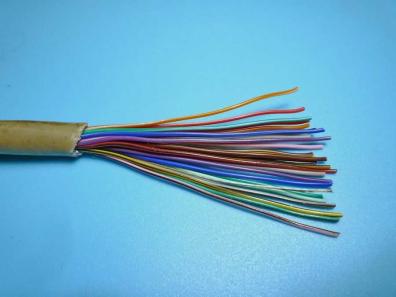
Your comment submitted.